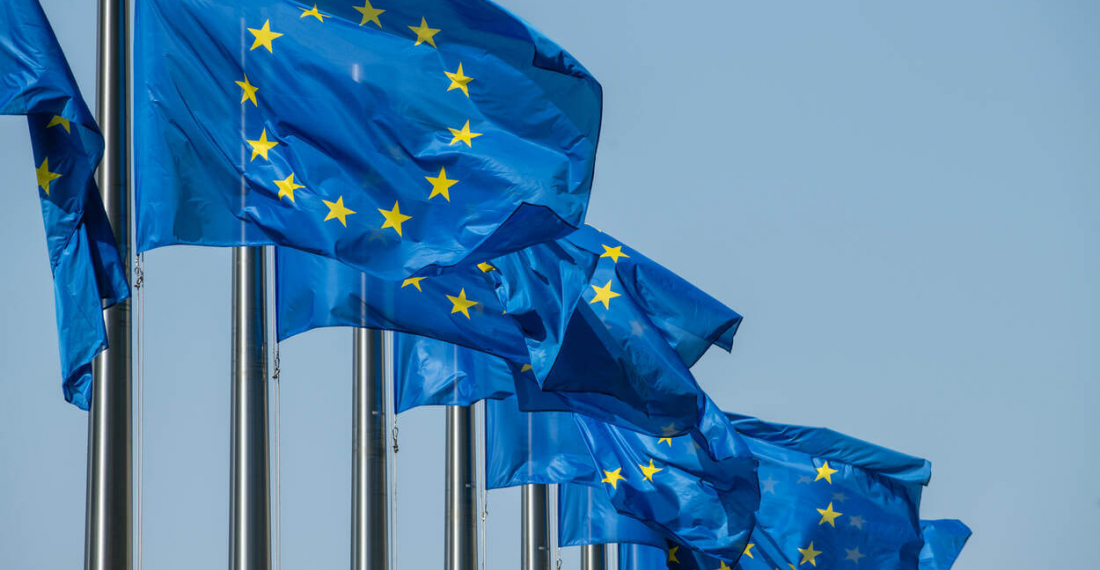The European Council – the gathering of the twenty-seven member states of the European Union – met in Brussels on Thursday, 24 June. Among other things, the Council reviewed the EU's relations with Russia and Turkey, two important and strategic countries with whom the European Union has a complex relationship. The tone adopted in dealing with the two countries was very different, as is appropriate given that Turkey remains an EU candidate country, whilst Russia is increasingly seen as a disruptive neighbour and rival.
Turkey - engage but not quite embrace
The European Council reiterated the EU’s readiness to engage with Turkey in a phased, proportionate and reversible manner to enhance co-operation in a number of areas of common interest, subject to the established conditionalities set out in March and in previous European Council conclusions.
EU leaders took note of the start of work at a technical level concerning the mandate for the modernisation of the EU-Turkey Customs Union and recalled the need to address current difficulties in the implementation of the Customs Union. They also took note of the preparatory work for high-level dialogues with Turkey on issues such as migration, public health, climate, counterterrorism and regional issues.
The European Council called on the Commission to put forward proposals for the continuation of financing for Syrian refugees and host communities in Turkey, Jordan, Lebanon and other parts of the region.
Regarding Cyprus, the European Council recalled its previous conclusions and expressed its full commitment to the comprehensive settlement of the Cyprus problem on the basis of a bicommunal, bizonal federation with political equality, in accordance with the relevant UNSC resolutions.
The Council noted that the Rule of law and fundamental rights in Turkey remain a key concern.
Russia - engage, but selectively and conditionally
In line with its conclusions of 24 and 25 May 2021, the European Council discussed relations with Russia. The EU is committed to a united, long-term, and strategic European approach based on the five guiding principles.
EU leaders called on Russia to fully assume its responsibility in ensuring the full implementation of the Minsk agreements as the key condition for any substantial change in the EU’s stance.
They also stressed the need for a firm and co-ordinated response by the EU and its member states to any further malign, illegal and disruptive activity by Russia. They invited the Commission and the High Representative to present options for additional restrictive measures, including economic sanctions.
The European Council stressed the need to further deepen and intensify political, economic and people-to-people ties and co-operation with the Eastern Partners and underlined its commitment to deepen relations with Central Asia.
Leaders reiterated the EU’s openness to a selective engagement with Russia in areas of EU interest. They invited the Commission and the High Representative to develop concrete options on topics such as climate and the environment, health, as well as selected issues of foreign and security policy and multilateral issues. In this context, the European Council will explore formats and conditionalities of dialogue with Russia.
EU leaders condemned the limitations on fundamental freedoms in Russia and the shrinking space for civil society. They also reiterated their support for all efforts to establish truth, justice and accountability for the victims of the downing of MH17 and their next of kin.
source: commonspace.eu with the press service of the Council of the European Union.
photo: EU flags (archive)






